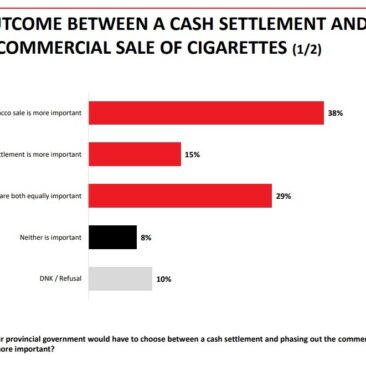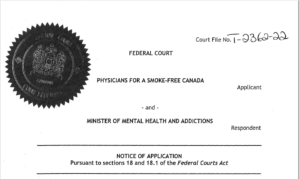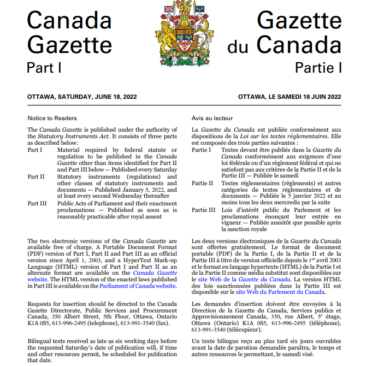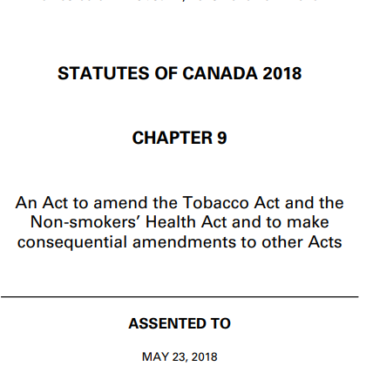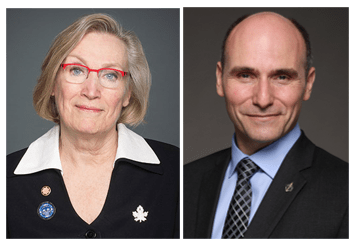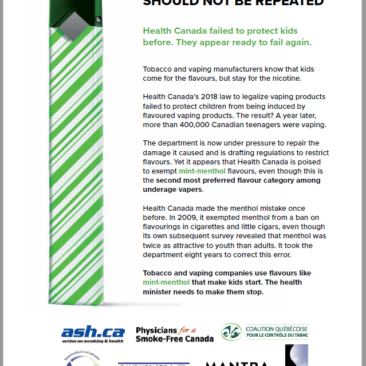Flavourings make e-cigarettes more harmful. That’s another good reason to end their use.
Date:
Most Canadian governments which have banned flavoured e-cigarettes have done so in order to reduce the number of young people who are brought into nicotine use through the use of attractive flavourings. Vaping manufacturers have objected to these measures, and are claiming that flavours “save lives” because they encourage smokers to switch to e-cigarettes. Missing...


